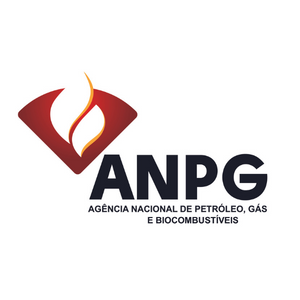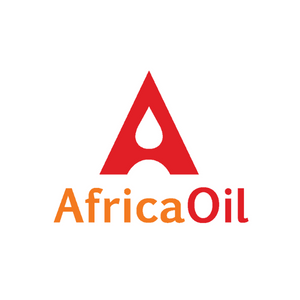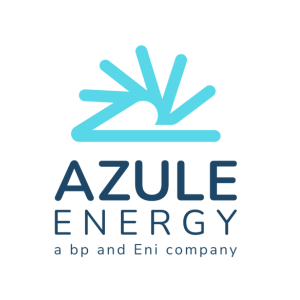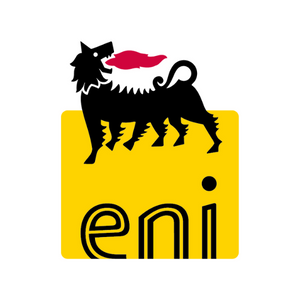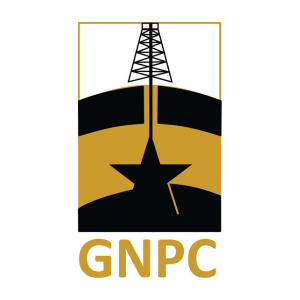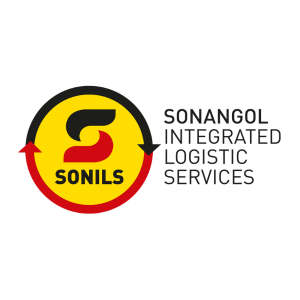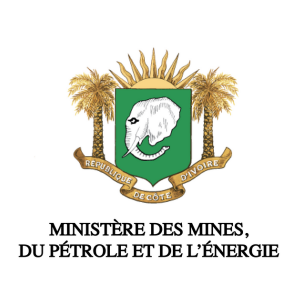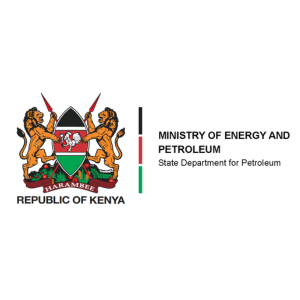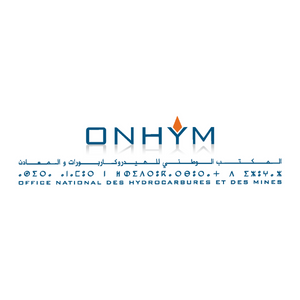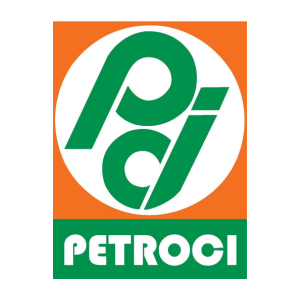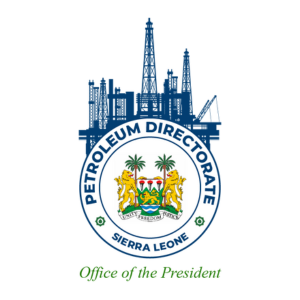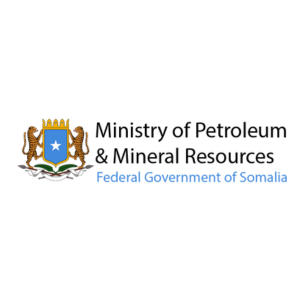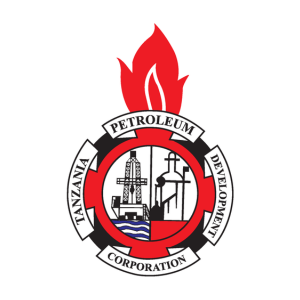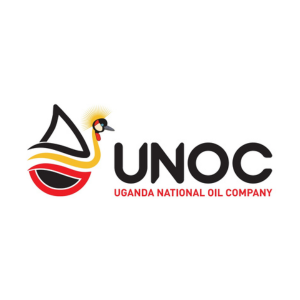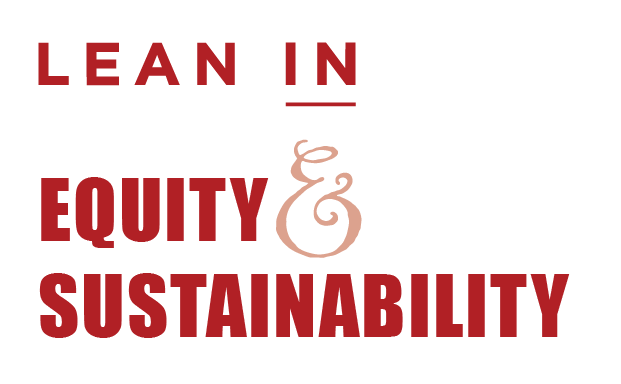For Africa, the COVID-19 pandemic is turning into a wake-up call to find access to reliable, cheap and clean energy.
Given global liquidity constraints, financing Africa’s energy transition and supporting industrialisation will require becoming more competitive and finding new ways to mobilise capital across key industries and projects, according to recent comments by the African Energy Chamber.
The energy transition can be best defined as a gradual shift from a system mostly based on fossil resources to a more sustainable and renewable energy mix. In part the shift will be spontaneous, led by economic convenience and technological progress and in part it is being driven by political and regulatory decisions. A process of this size can only be gradual to match growing energy demand while reducing the use of conventional sources that still satisfy more than 80% of the world’s primary energy consumption.
The key to industrialisation in Africa is access to power, which heavily relies on Africa’s ability to effectively harness its natural resources, especially natural gas. Up until now, most of Africa’s gas has been produced for the benefits of foreign markets in Asia, the Americas, Europe and the Middle East, where it is shipped as LNG. LNG prices have dropped to historic lows and are currently below the $2 threshold in Europe and Asia, while African power producers still pay above that price to get natural gas in their turbines. Current market prices for natural gas are expected to remain depressed for a while and should be a strong incentive for African power producers to use LNG as a feedstock and switch their fuel oil or coal plants to LNG which can be easily procured on the continent.
In this scenario, LNG represents a global commodity driven by steady growth in demand also due to strong imports by Europe, China and other Asian countries. In 2019, signs of acceleration in investment decisions were visible, with many initiatives being approved. This trend is expected to continue over the following years, although with a lower intensity than in 2019. Such important LNG investment flow will also reshape energy routes, with new countries playing significant roles in energy geographies.
In terms of change in the energy mix and diversification, Africa is setting the path with its significant gas reserves. Projects like Total LNG in Mozambique – on which AOW recently held its inaugural webinar - Zhor in Egypt and Nigeria LNG will significantly contribute to unleashing the potential of African economies while boosting the energy transition in markets like Europe. This trend is confirmed by other LNG developments now in the execution phase, such as in Tangguh LNG in Indonesia, Arctic LNG in Russia and other investments still to be approved.
However, proper management of Africa’s natural resources does not stop at switching existing power plants to gas in order to benefit from a cheap and locally-available resource. It rather requires a profound transformation of how African countries see energy and how they plan to power up their economies moving forward. In doing so, financing will become an even greater challenge as capital becomes scarce and investors look for only very resilient assets to invest in.
Africa needs to use the solid base of its natural resources to create opportunities and change the narrative around its industrialisation by making a difference in its own energy space. For such a paradigm shift to happen, African sovereigns need to take the lead. Only at the sovereign level can a country raise several billion dollars from multilateral agencies and invest in the necessary projects and infrastructure that will support private sector investment and growth. Only political will can truly unlock the value of African cross-border energy cooperation and open the doors to wider African private sector cooperation across industries and within a prosperous free trade continent.
To target decarbonisation and CO2 reduction it is important to build technology portfolios able to improve the entire CO2 value chain; from Carbon Capture and Storage to innovative hybrid solutions integrating energy storage concepts for renewables with conventional oil and gas use. Energy players will need to devote their best and brightest minds to developing and improving solutions with disruptive potential such as offshore solar and windfarms, marine technologies, the next generation of biorefineries and the green hydrogen value chain.
The Future Energy Series: Africa is a brand-new day-long event running alongside Africa Oil Week in 2020. Join us and our soon to be announced energy transition experts as we explore how Africa's bountiful natural gas reserves will act as a lever to bring cleaner, sustainable and efficient energy.
The energy transition can be best defined as a gradual shift from a system mostly based on fossil resources to a more sustainable and renewable energy mix. In part the shift will be spontaneous, led by economic convenience and technological progress and in part it is being driven by political and regulatory decisions. A process of this size can only be gradual to match growing energy demand while reducing the use of conventional sources that still satisfy more than 80% of the world’s primary energy consumption.
The key to industrialisation in Africa is access to power, which heavily relies on Africa’s ability to effectively harness its natural resources, especially natural gas. Up until now, most of Africa’s gas has been produced for the benefits of foreign markets in Asia, the Americas, Europe and the Middle East, where it is shipped as LNG. LNG prices have dropped to historic lows and are currently below the $2 threshold in Europe and Asia, while African power producers still pay above that price to get natural gas in their turbines. Current market prices for natural gas are expected to remain depressed for a while and should be a strong incentive for African power producers to use LNG as a feedstock and switch their fuel oil or coal plants to LNG which can be easily procured on the continent.
In this scenario, LNG represents a global commodity driven by steady growth in demand also due to strong imports by Europe, China and other Asian countries. In 2019, signs of acceleration in investment decisions were visible, with many initiatives being approved. This trend is expected to continue over the following years, although with a lower intensity than in 2019. Such important LNG investment flow will also reshape energy routes, with new countries playing significant roles in energy geographies.
In terms of change in the energy mix and diversification, Africa is setting the path with its significant gas reserves. Projects like Total LNG in Mozambique – on which AOW recently held its inaugural webinar - Zhor in Egypt and Nigeria LNG will significantly contribute to unleashing the potential of African economies while boosting the energy transition in markets like Europe. This trend is confirmed by other LNG developments now in the execution phase, such as in Tangguh LNG in Indonesia, Arctic LNG in Russia and other investments still to be approved.
However, proper management of Africa’s natural resources does not stop at switching existing power plants to gas in order to benefit from a cheap and locally-available resource. It rather requires a profound transformation of how African countries see energy and how they plan to power up their economies moving forward. In doing so, financing will become an even greater challenge as capital becomes scarce and investors look for only very resilient assets to invest in.
Africa needs to use the solid base of its natural resources to create opportunities and change the narrative around its industrialisation by making a difference in its own energy space. For such a paradigm shift to happen, African sovereigns need to take the lead. Only at the sovereign level can a country raise several billion dollars from multilateral agencies and invest in the necessary projects and infrastructure that will support private sector investment and growth. Only political will can truly unlock the value of African cross-border energy cooperation and open the doors to wider African private sector cooperation across industries and within a prosperous free trade continent.
To target decarbonisation and CO2 reduction it is important to build technology portfolios able to improve the entire CO2 value chain; from Carbon Capture and Storage to innovative hybrid solutions integrating energy storage concepts for renewables with conventional oil and gas use. Energy players will need to devote their best and brightest minds to developing and improving solutions with disruptive potential such as offshore solar and windfarms, marine technologies, the next generation of biorefineries and the green hydrogen value chain.
The Future Energy Series: Africa is a brand-new day-long event running alongside Africa Oil Week in 2020. Join us and our soon to be announced energy transition experts as we explore how Africa's bountiful natural gas reserves will act as a lever to bring cleaner, sustainable and efficient energy.








